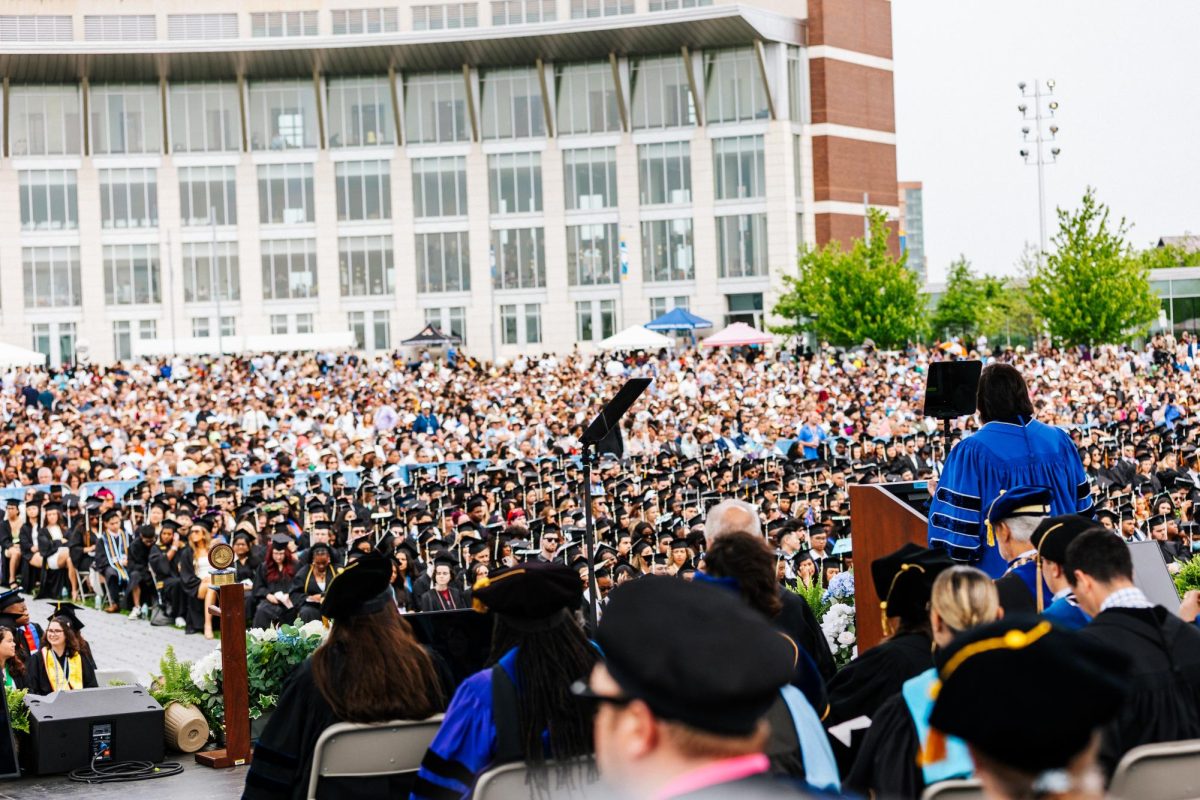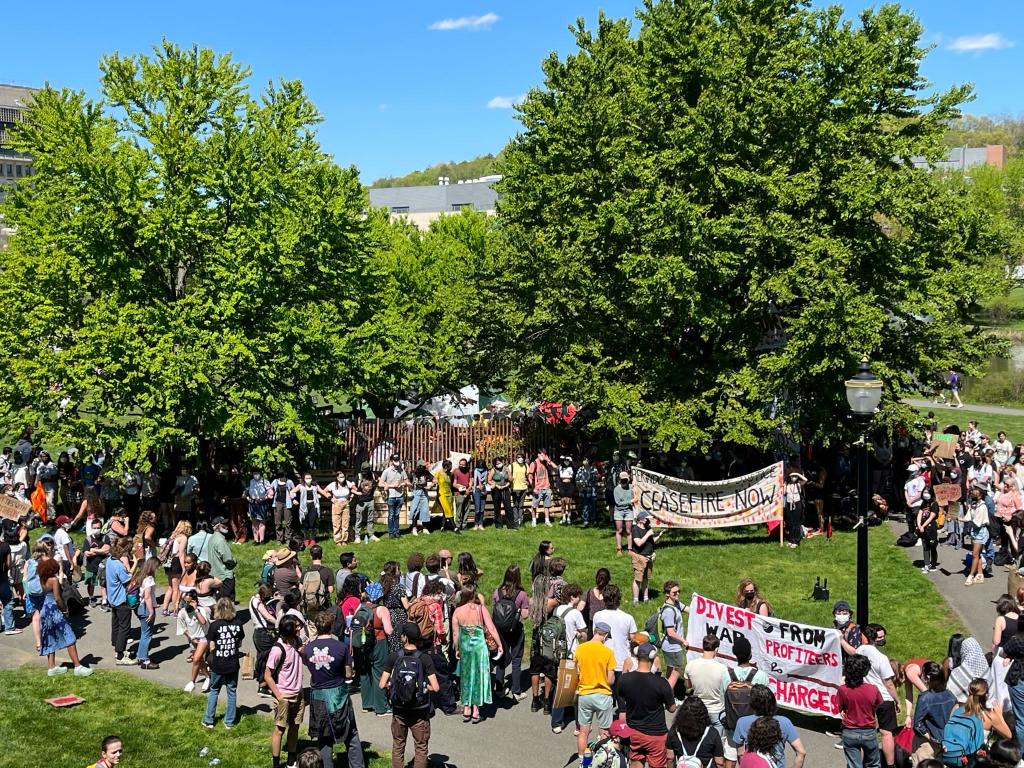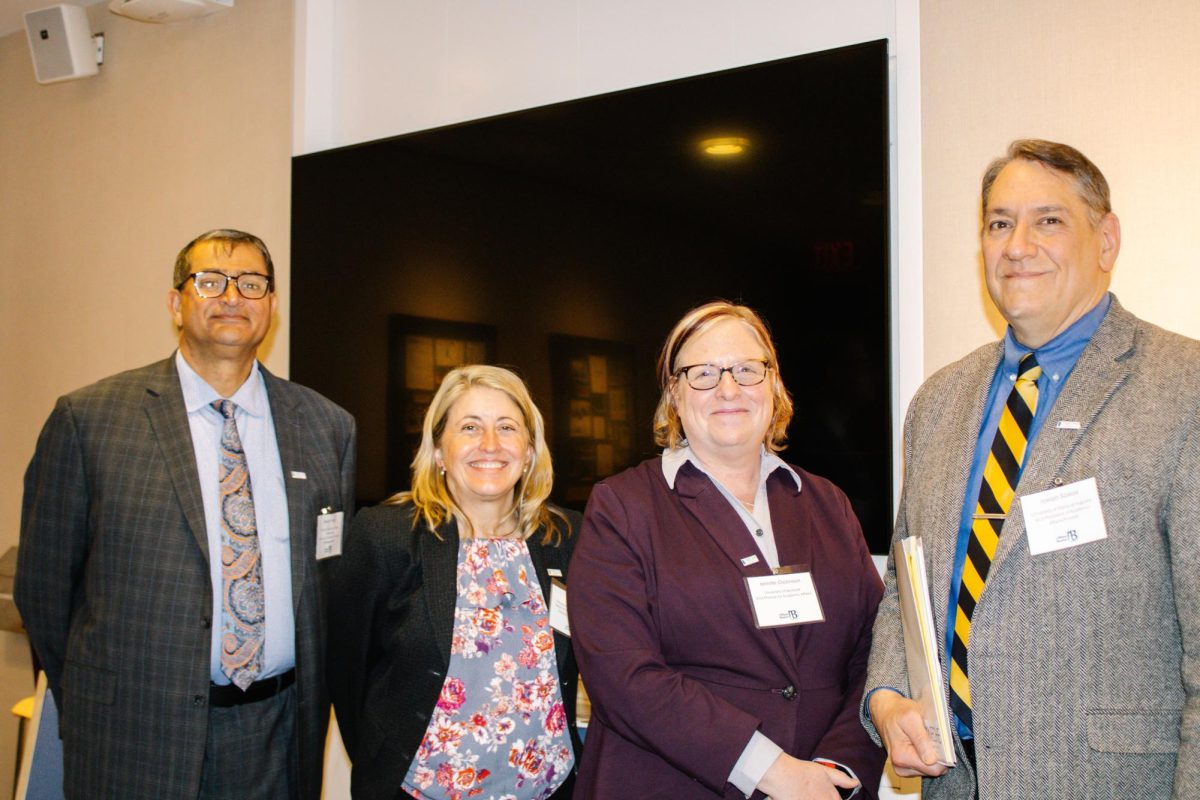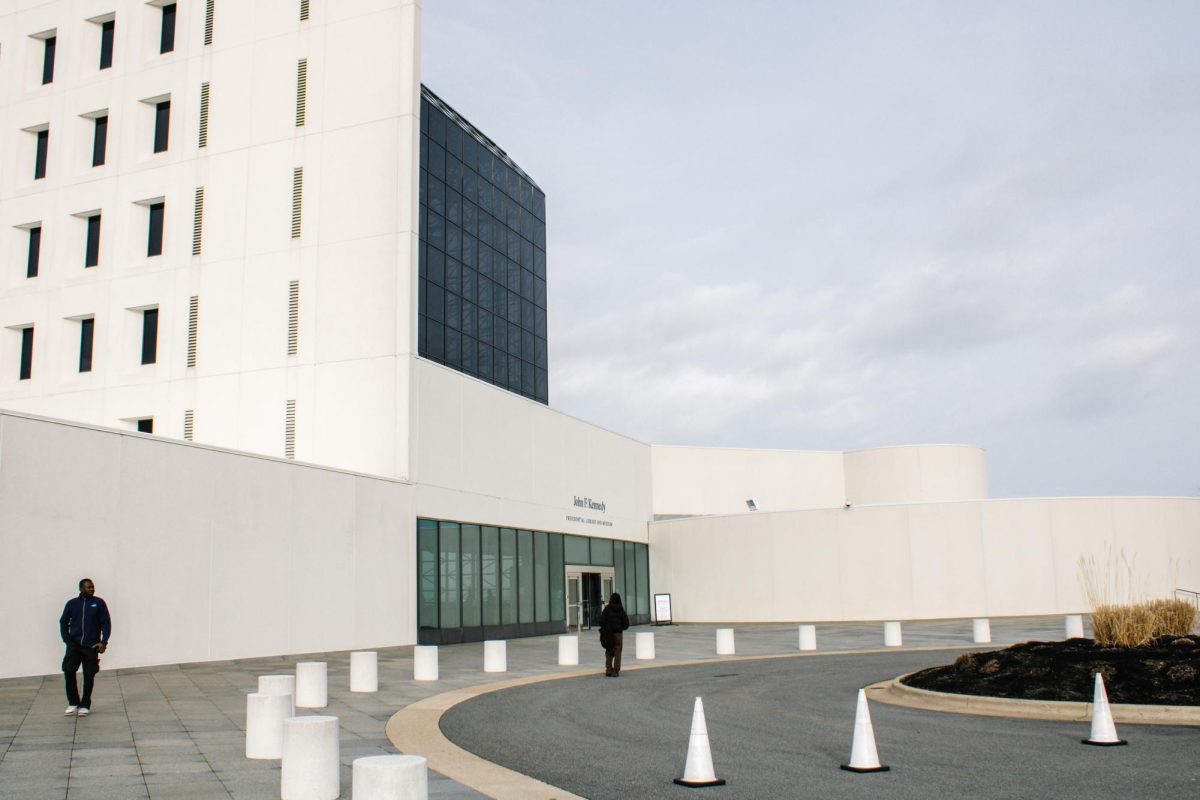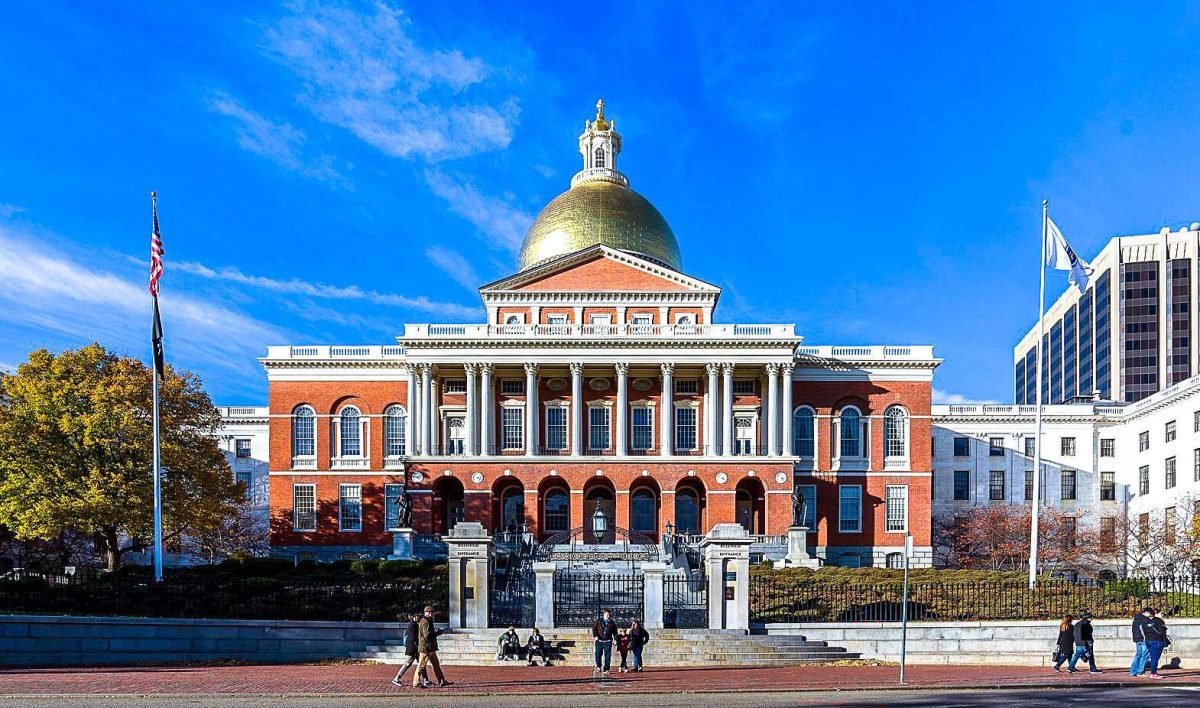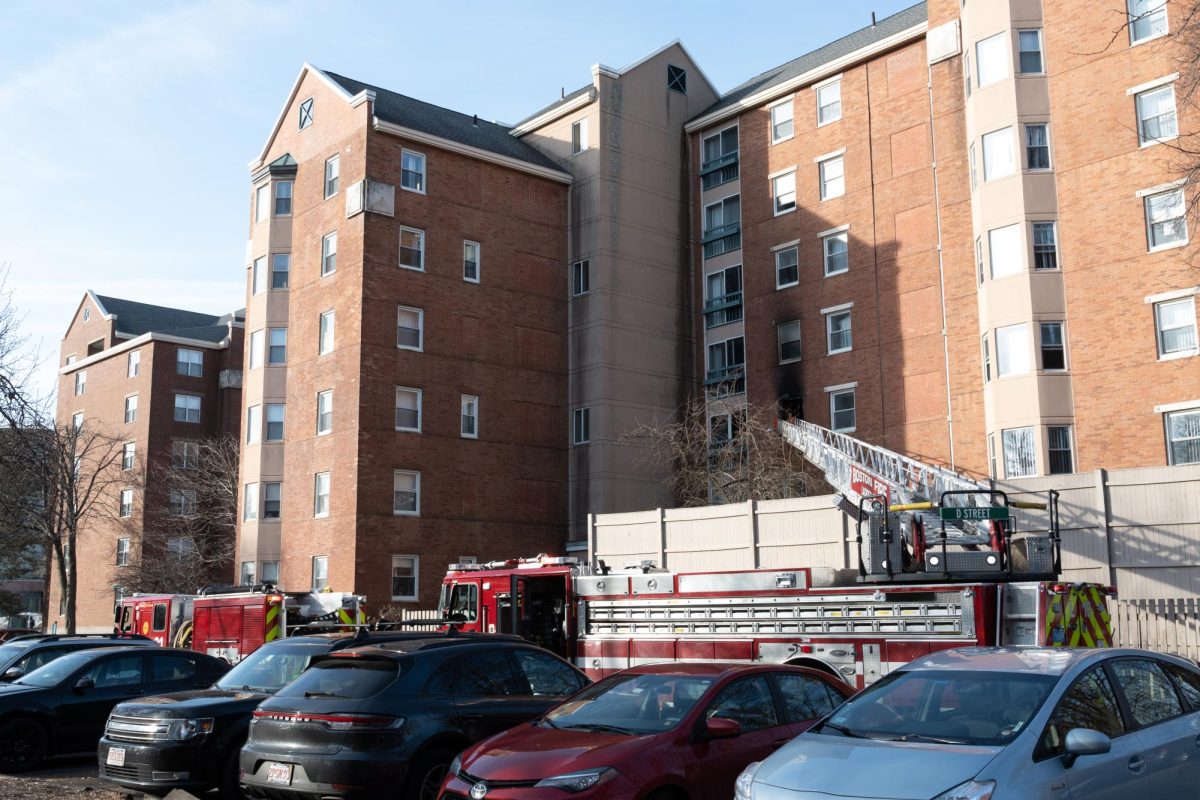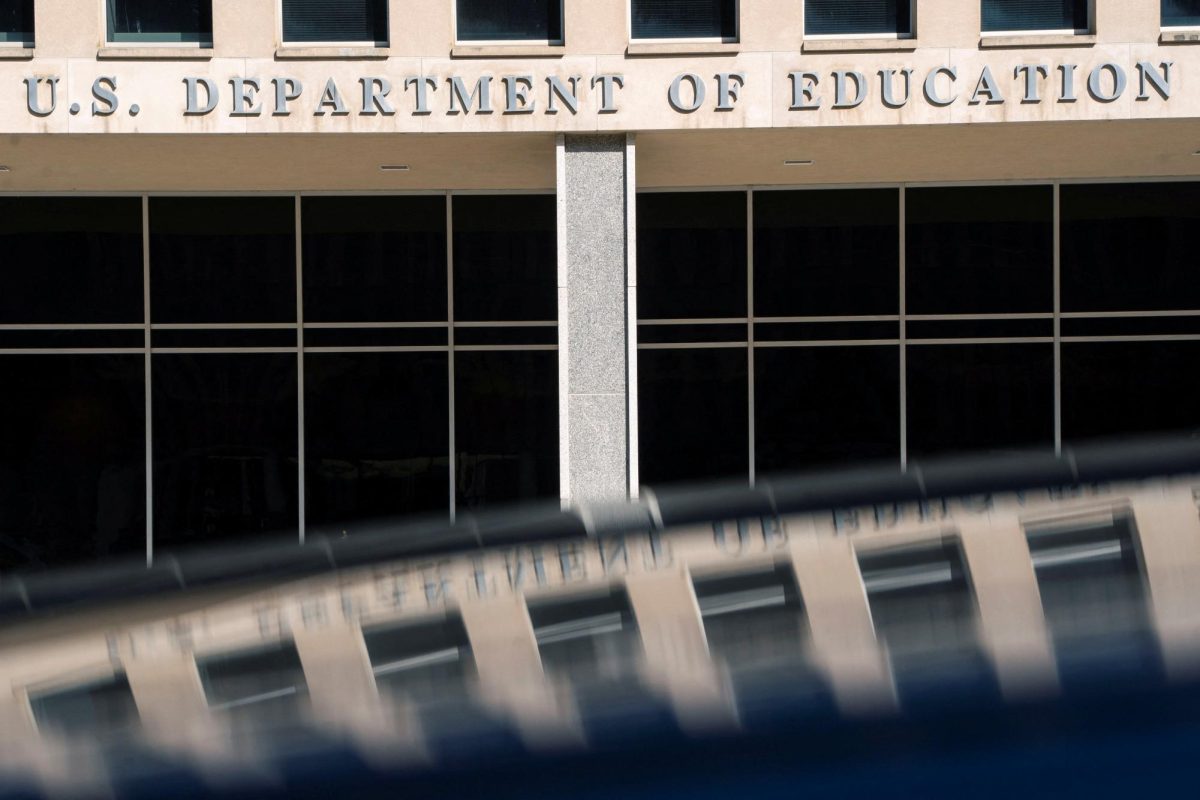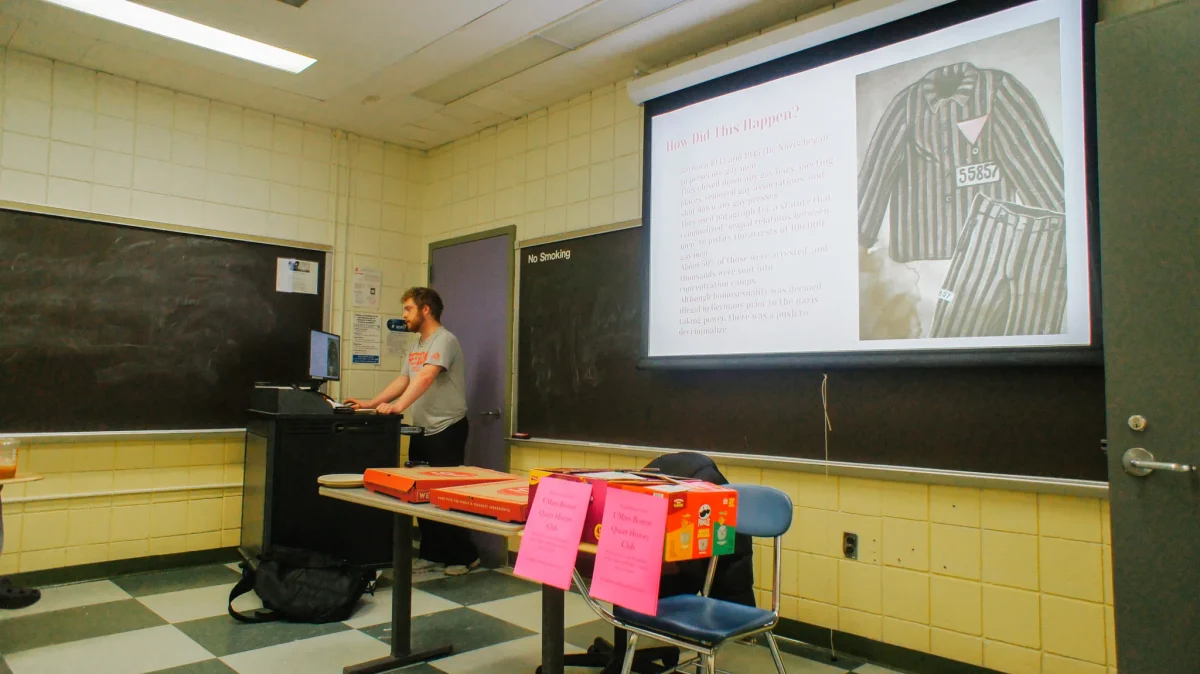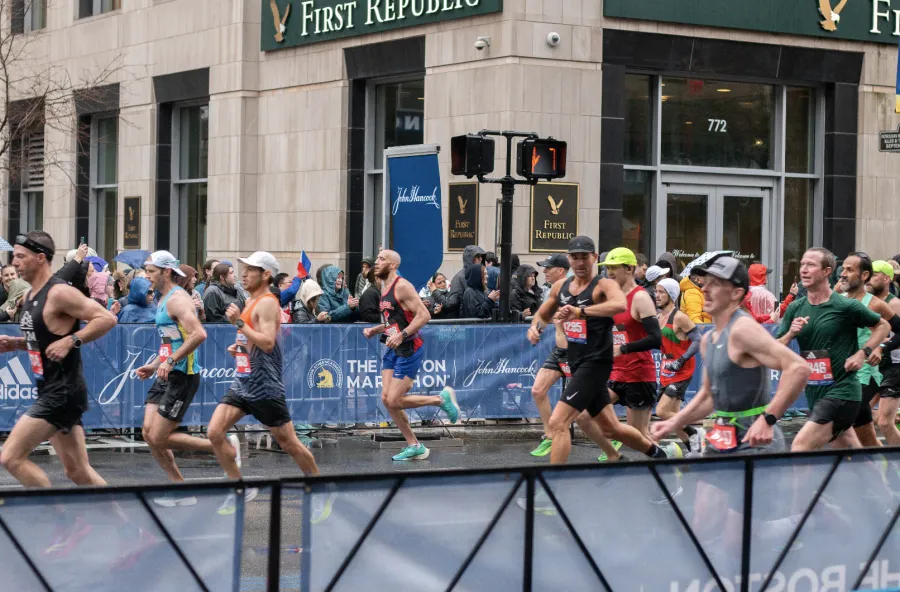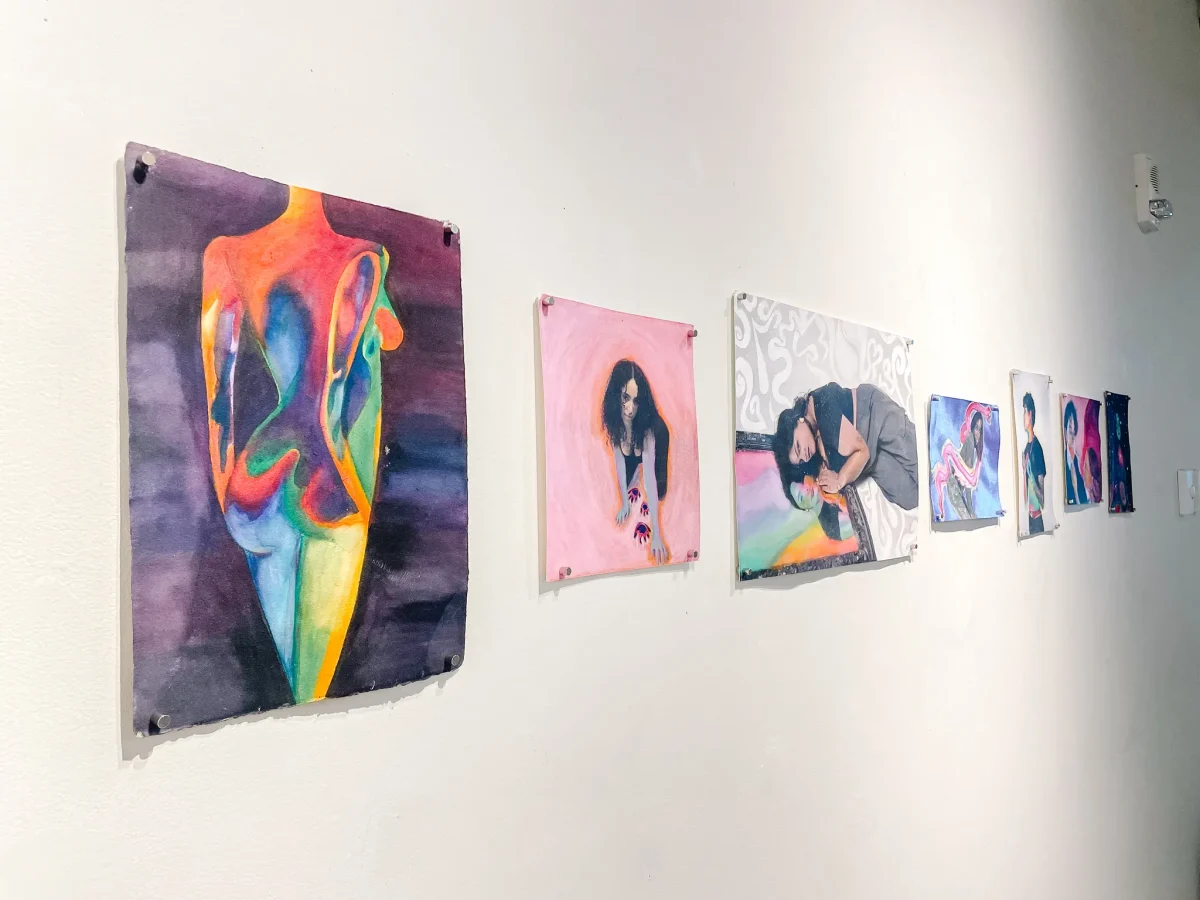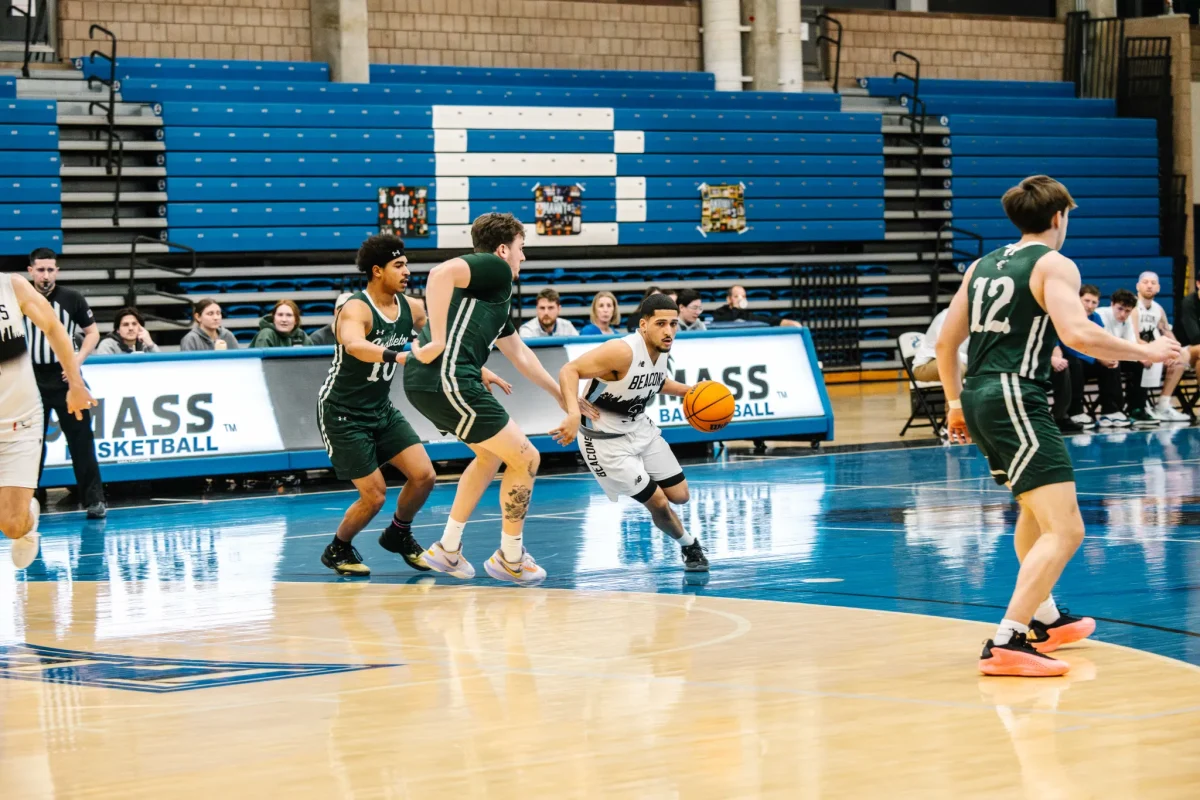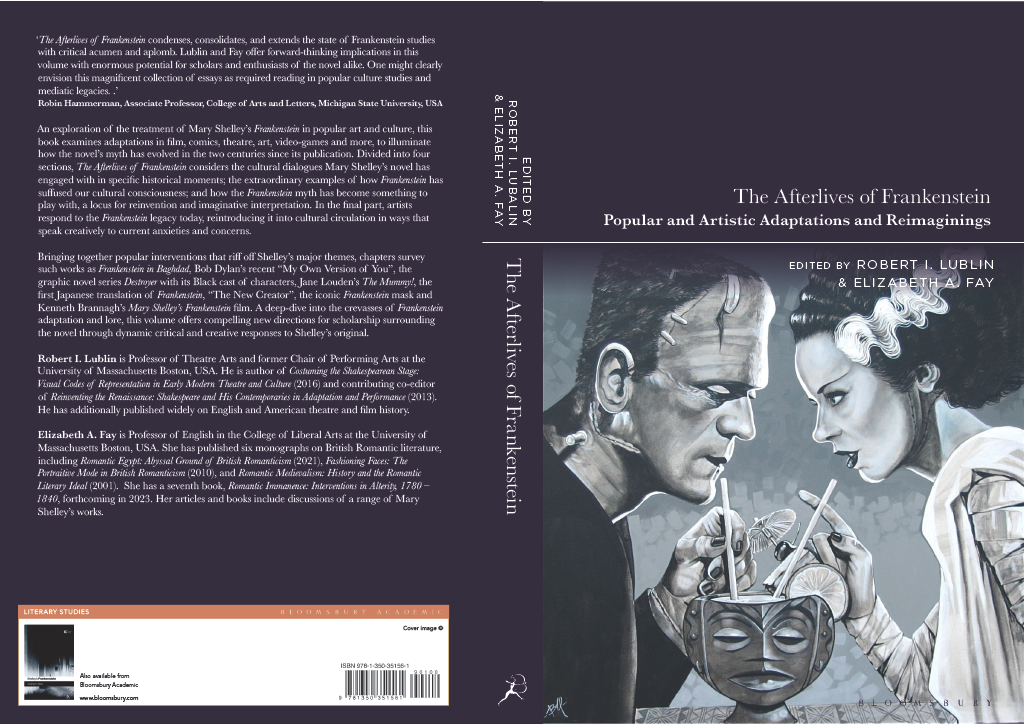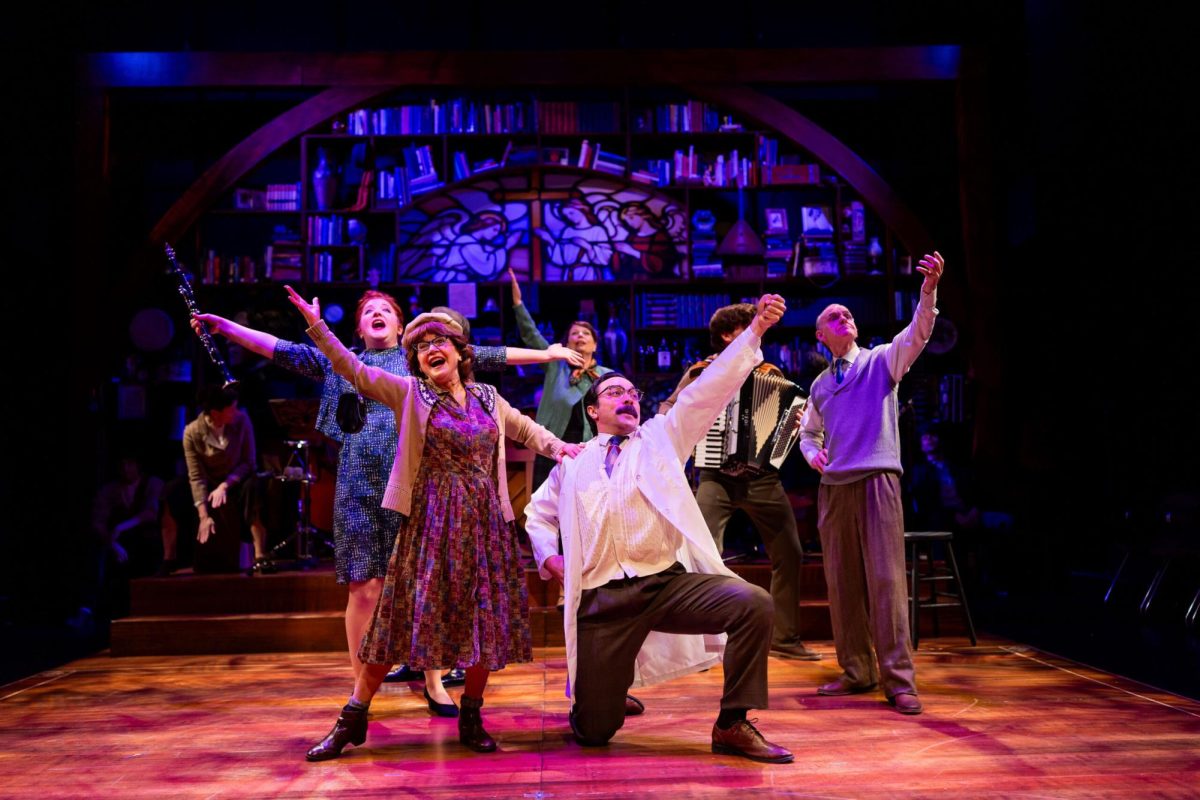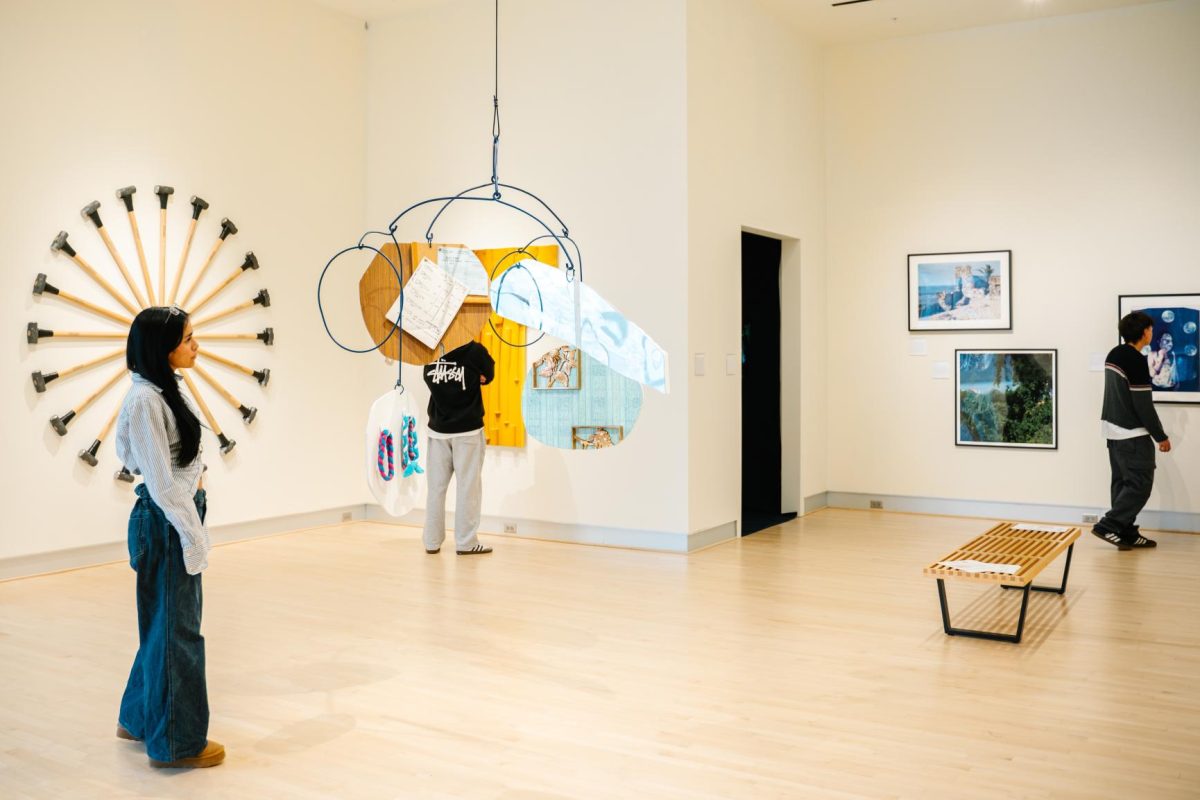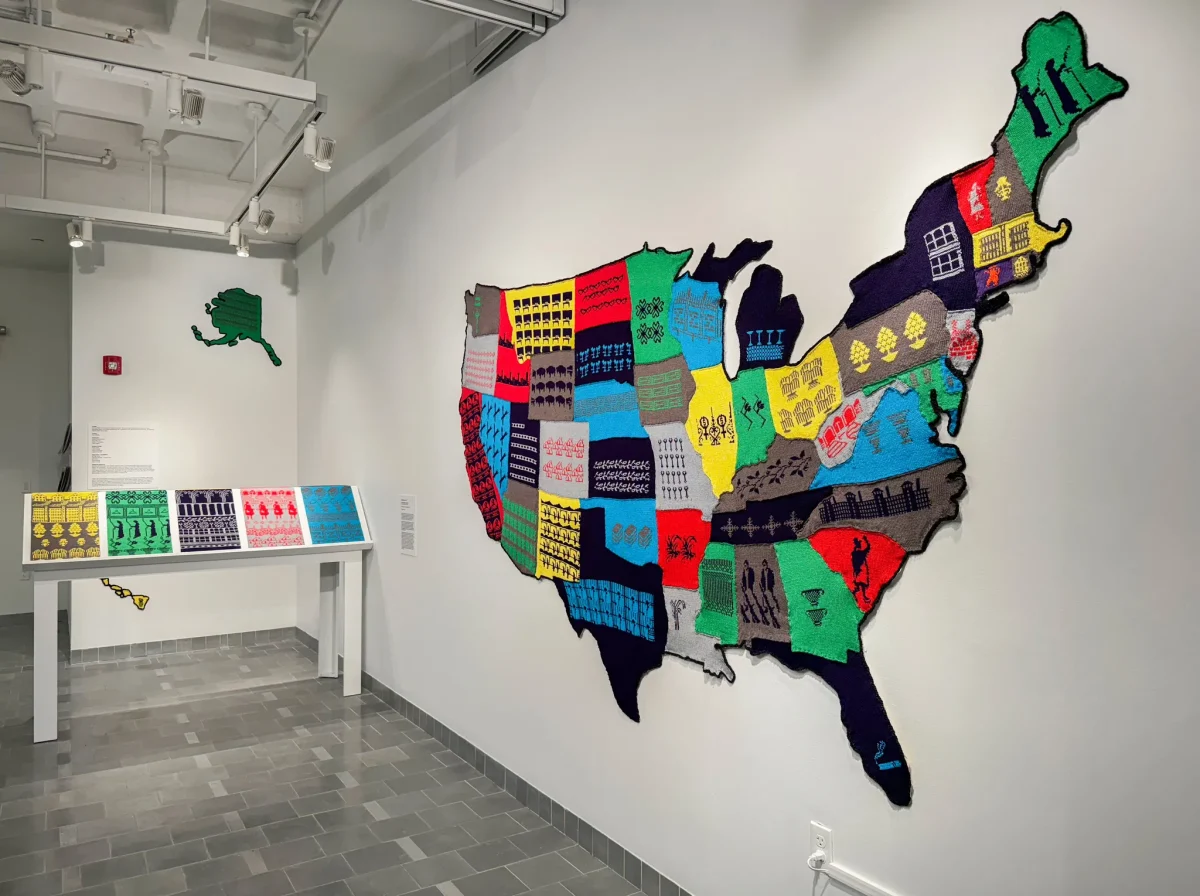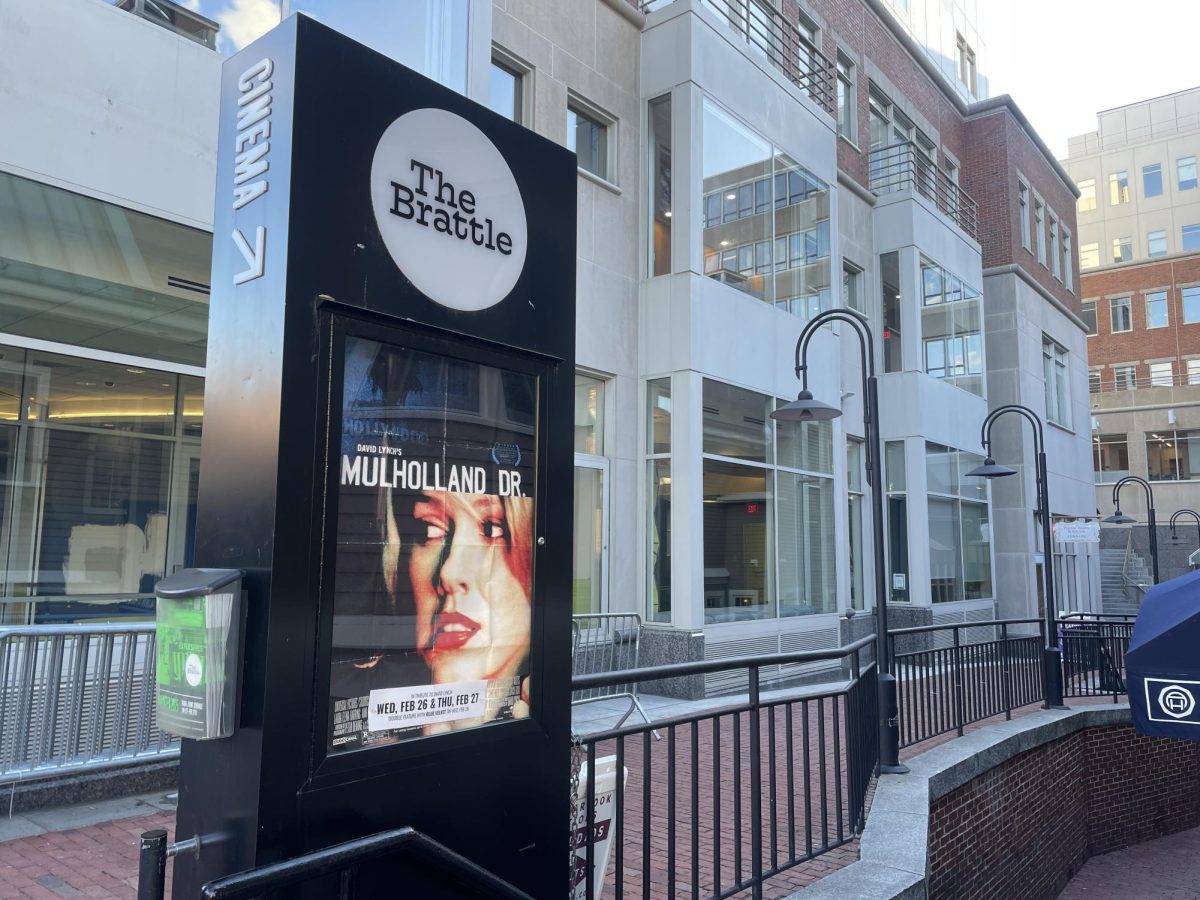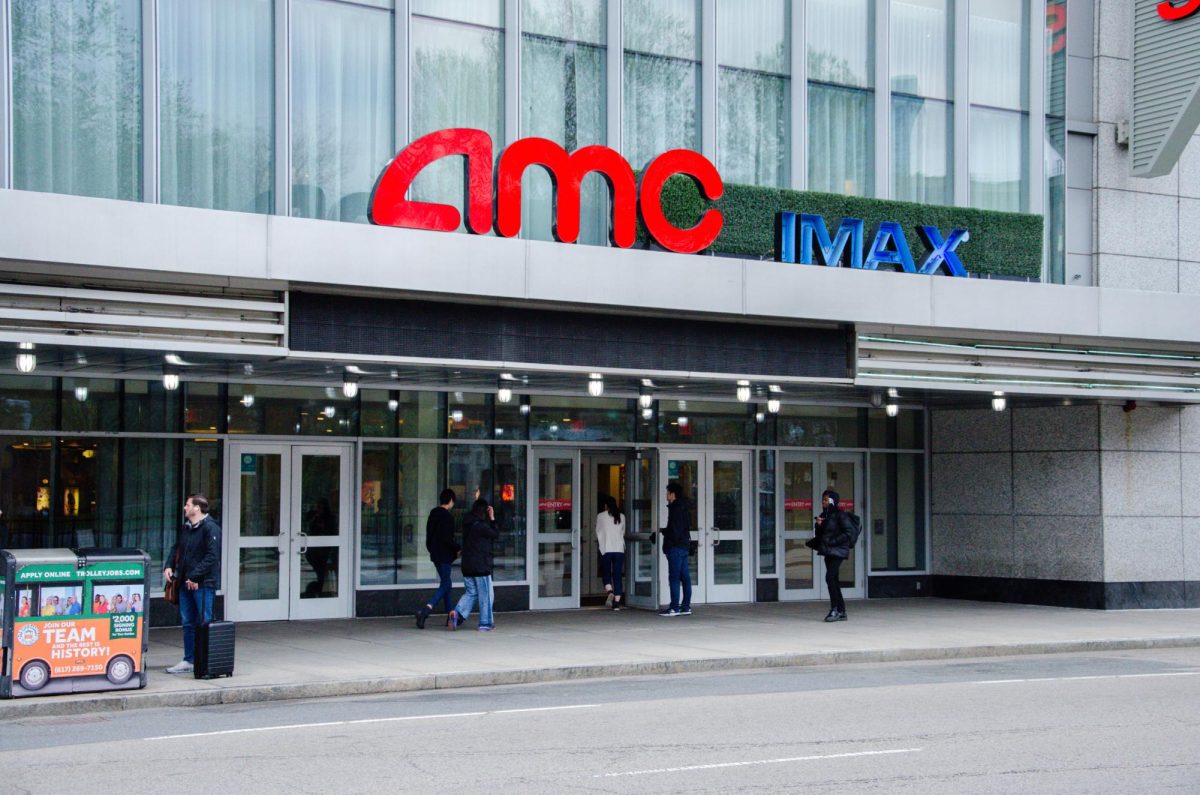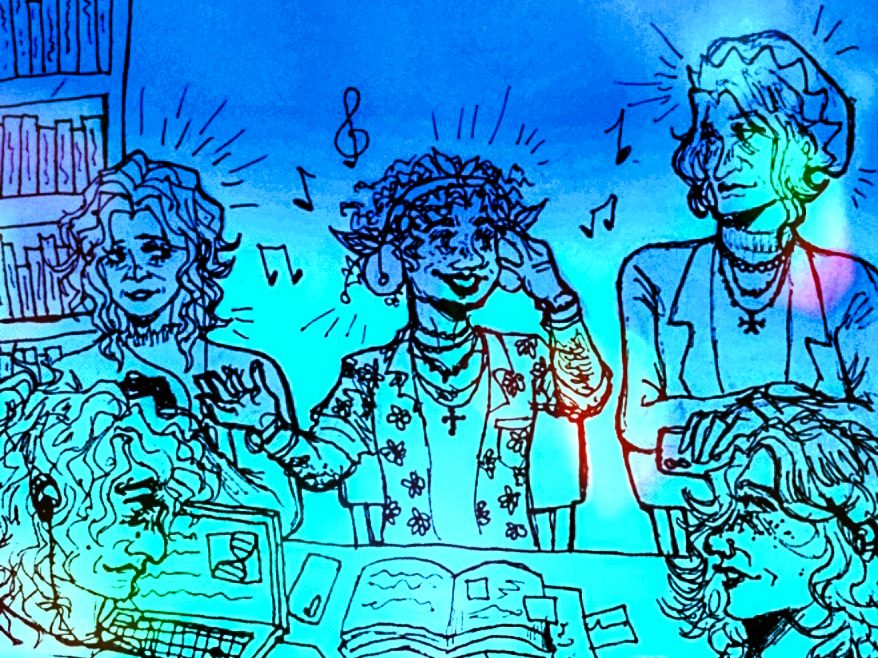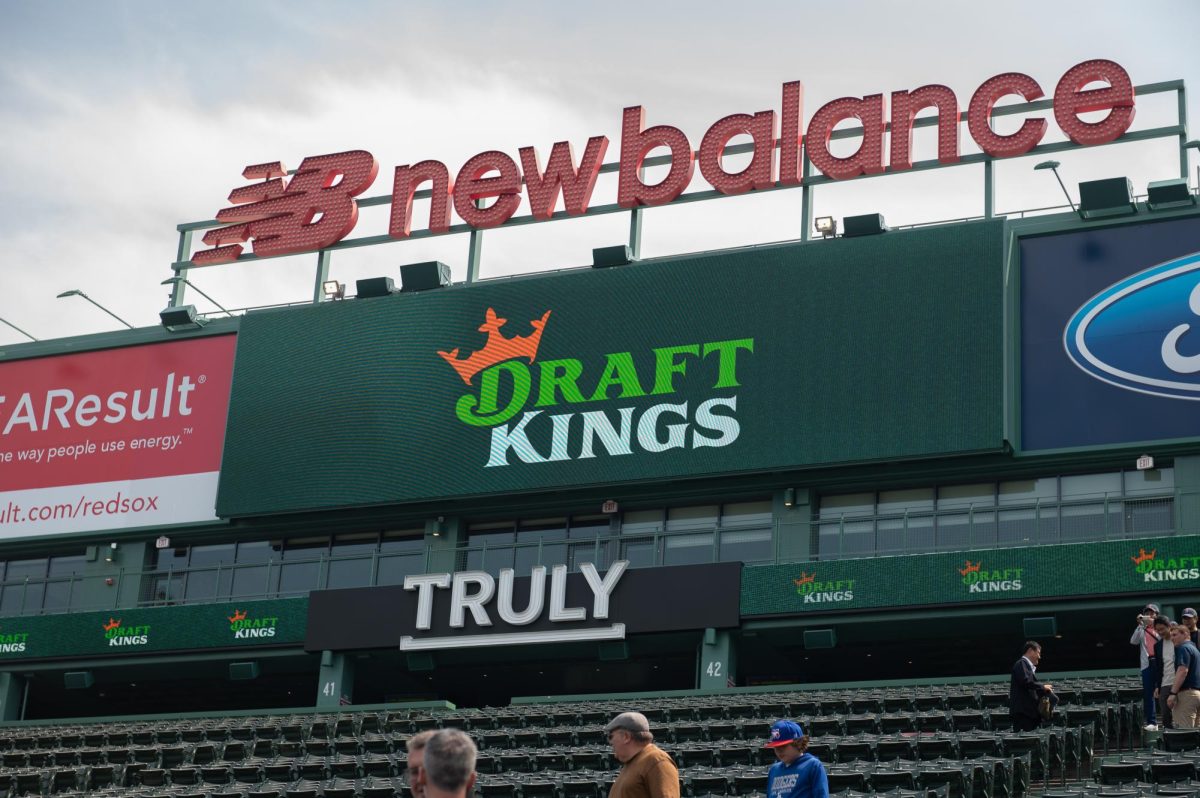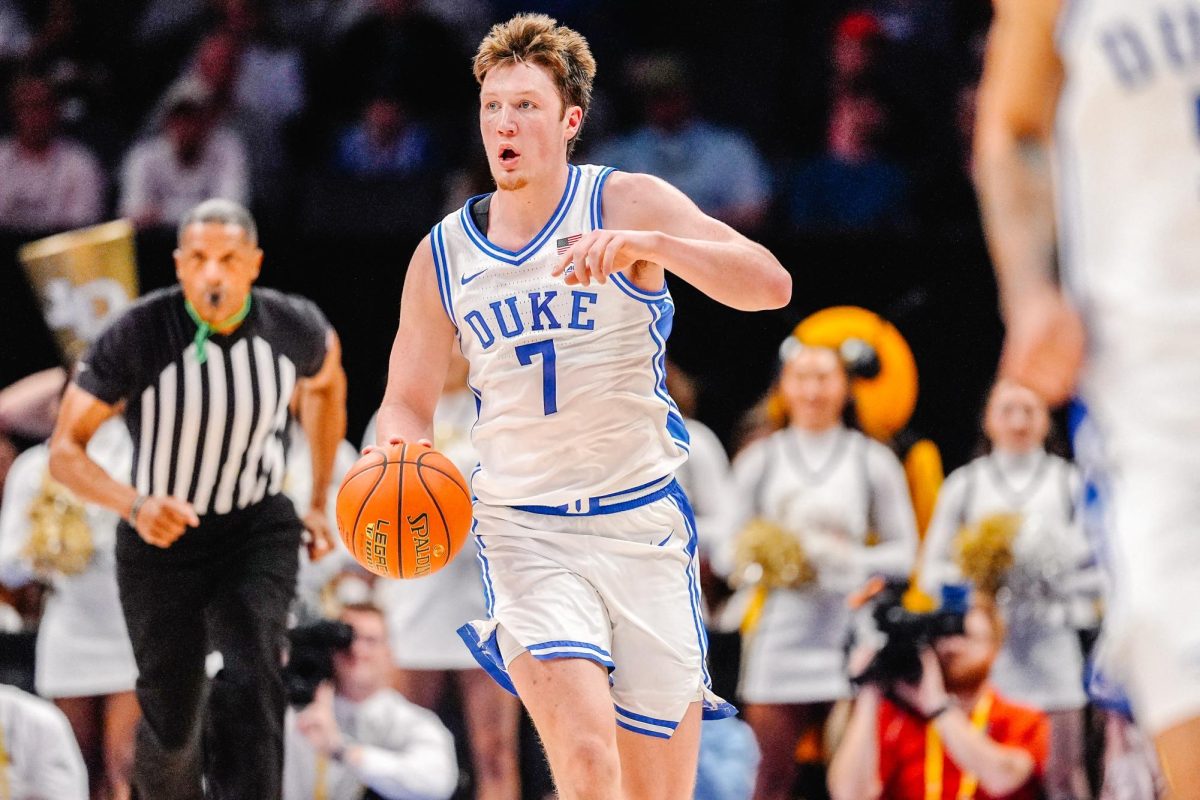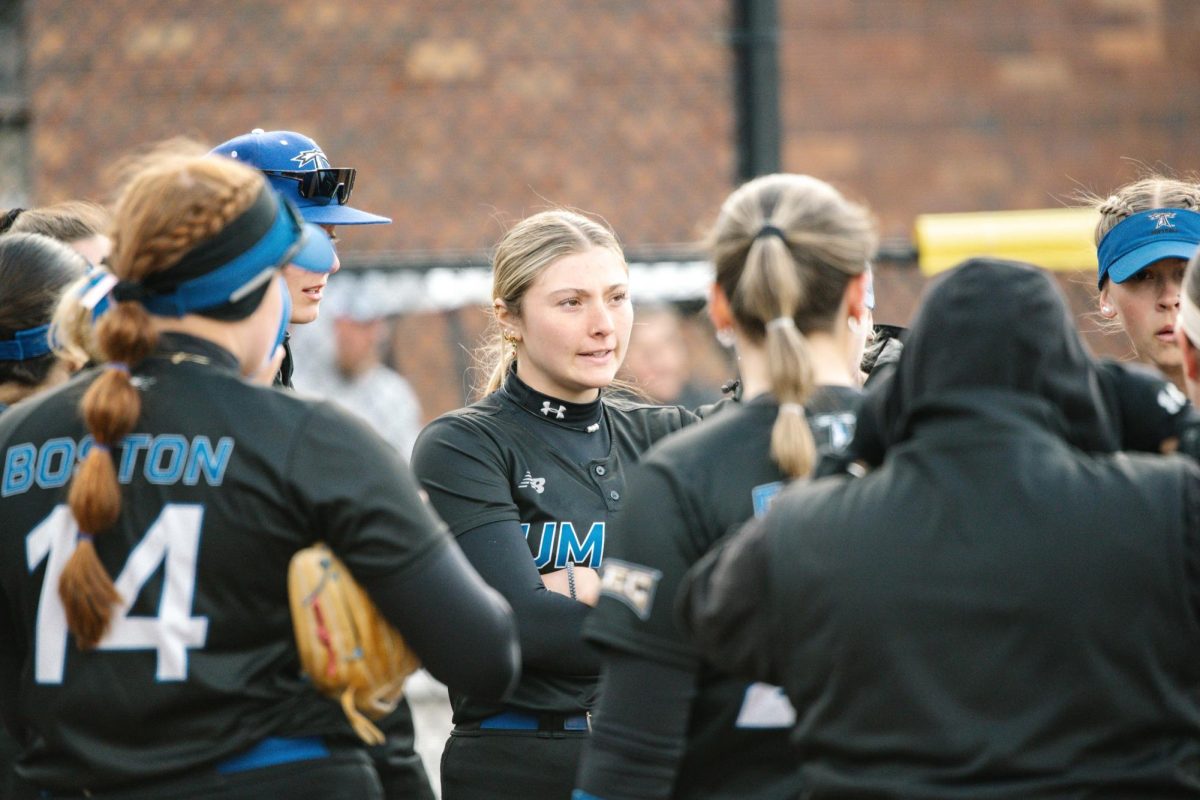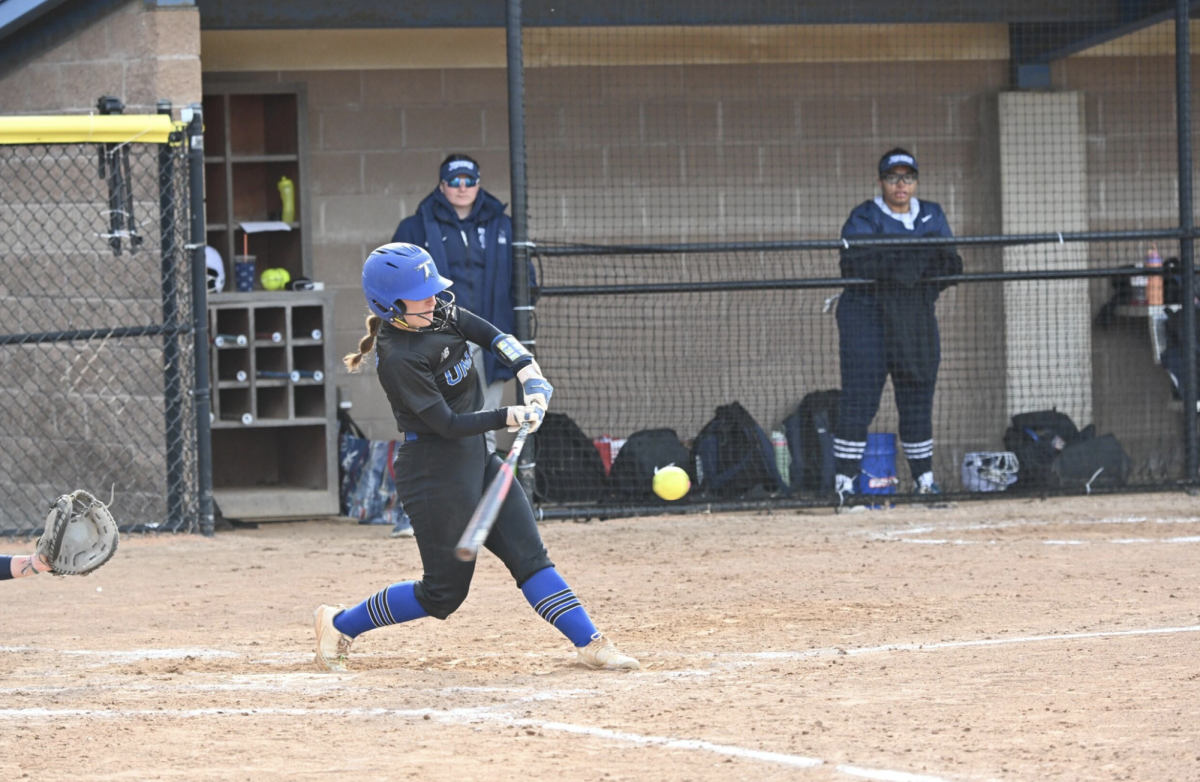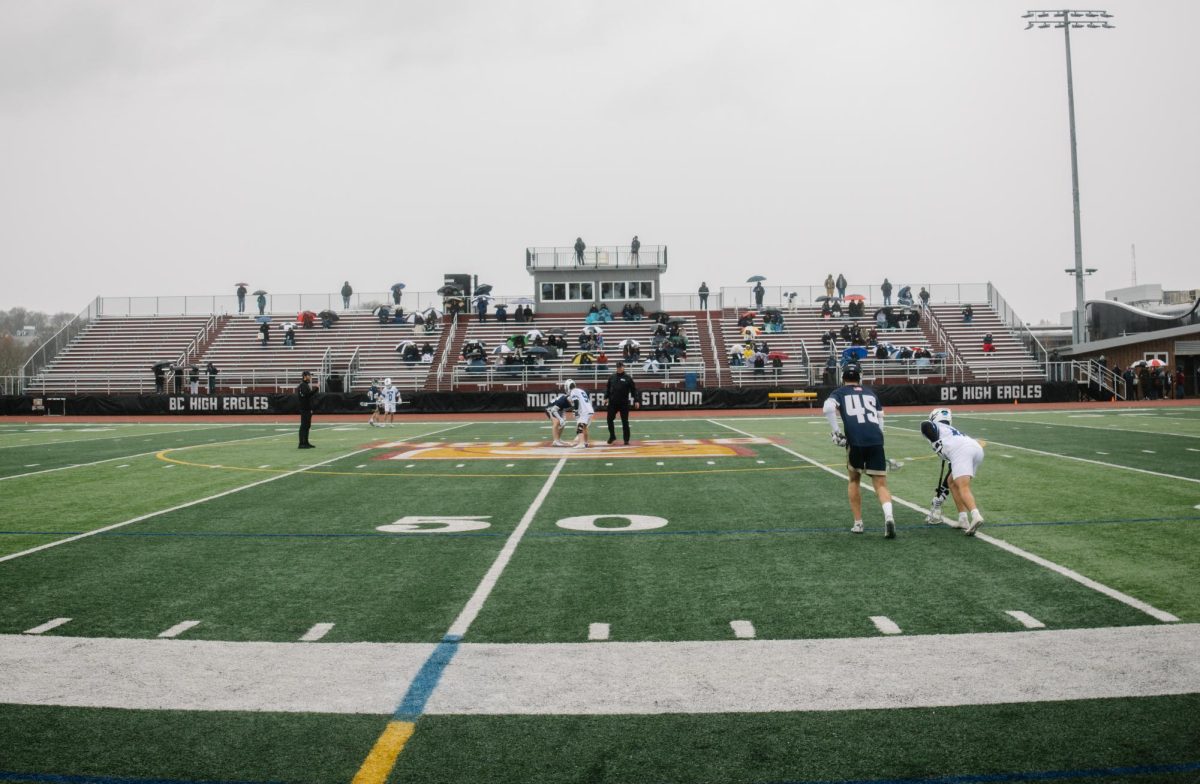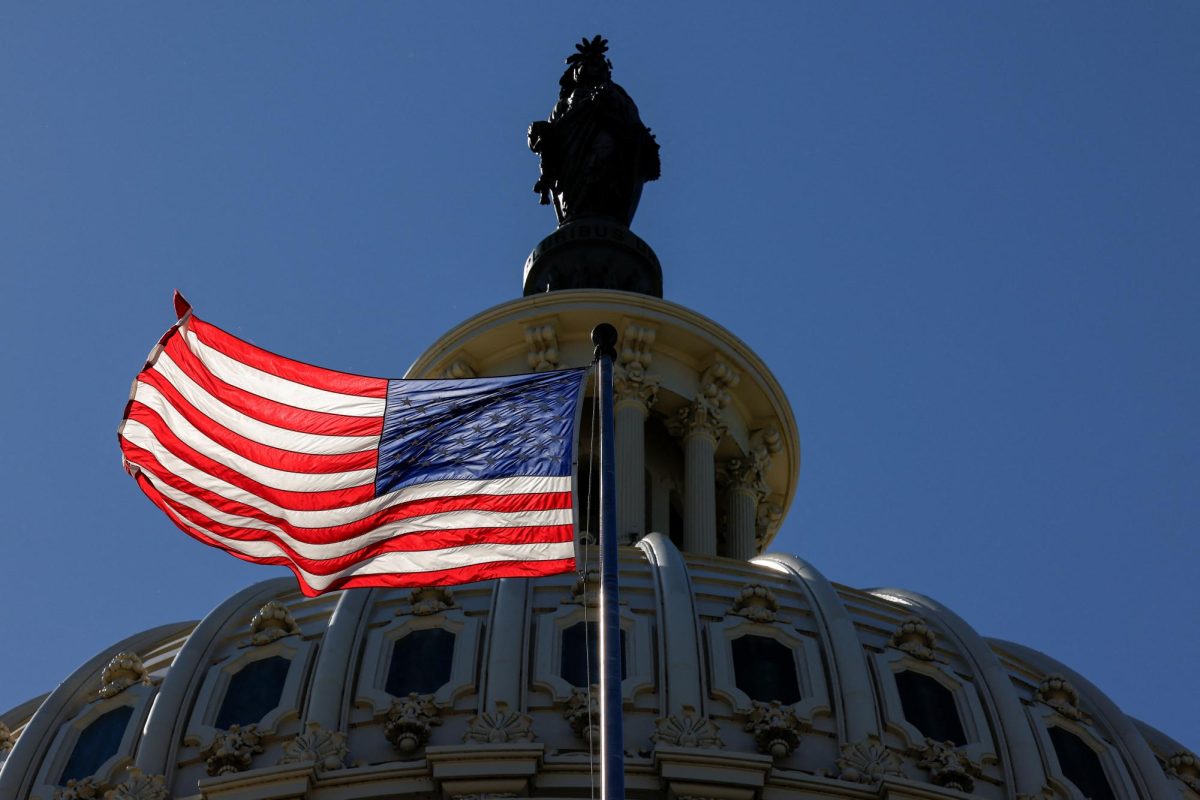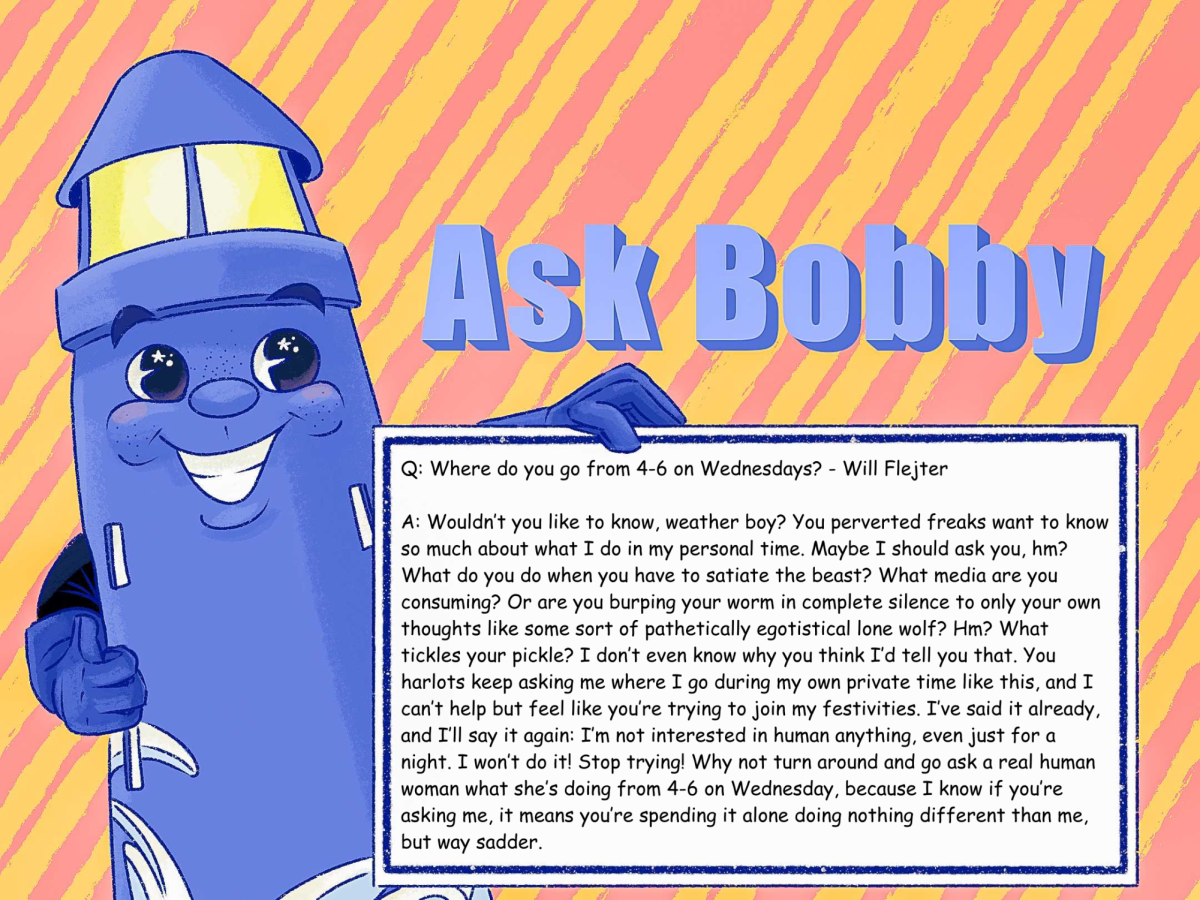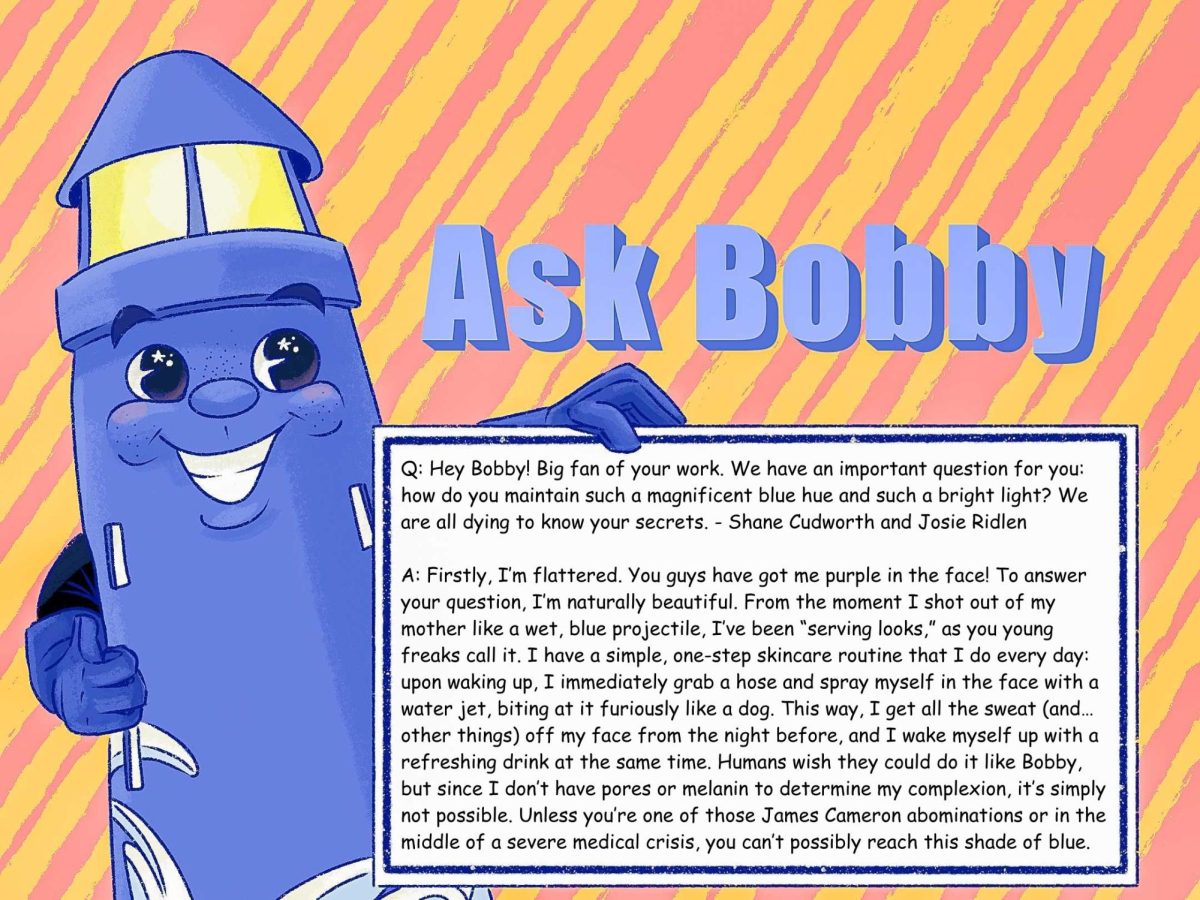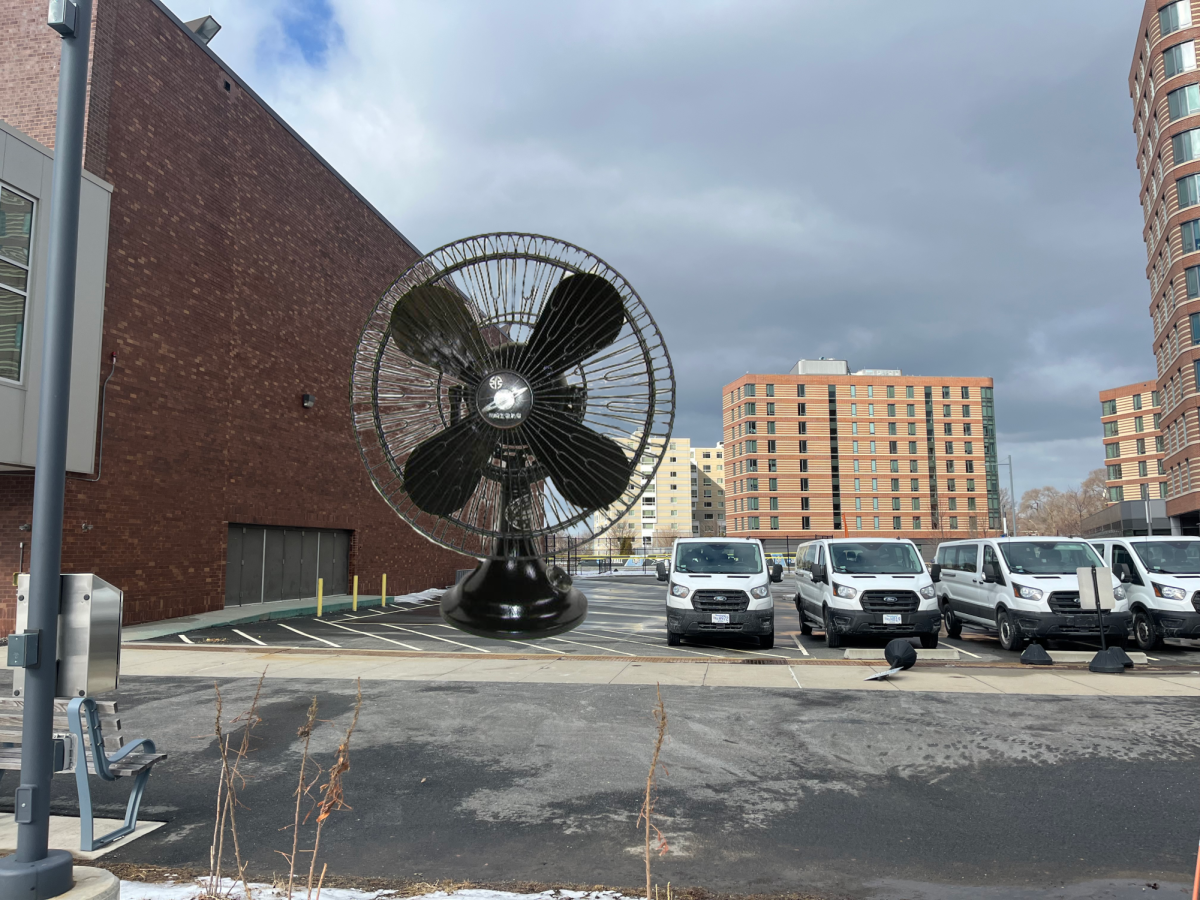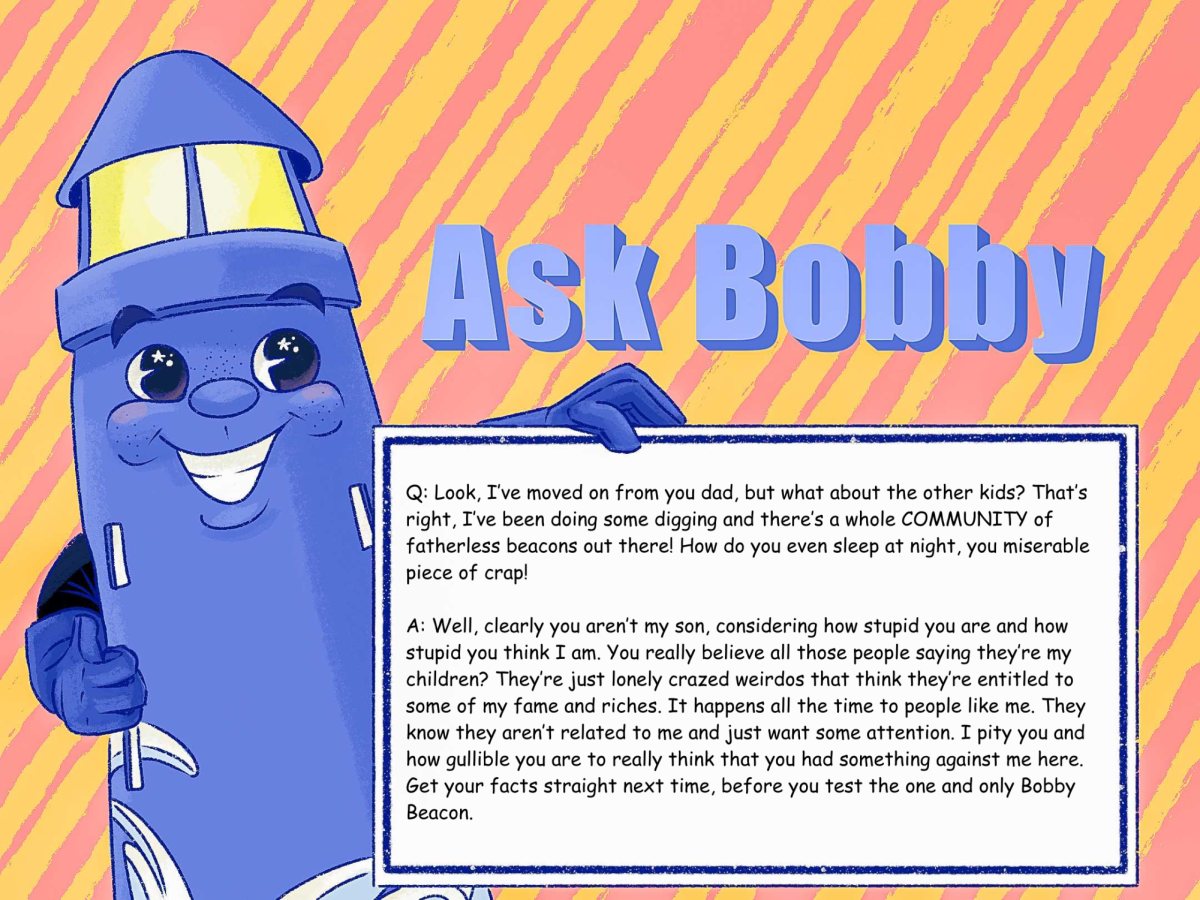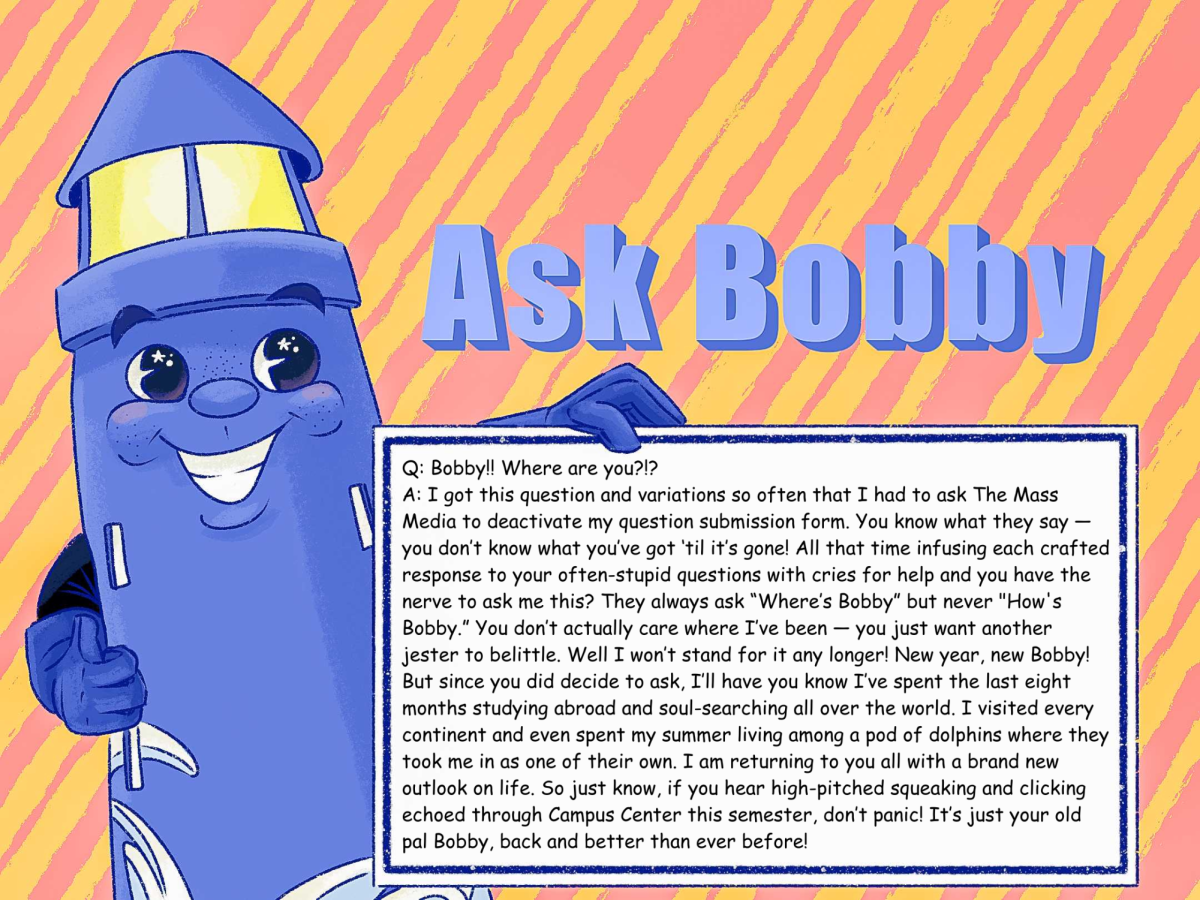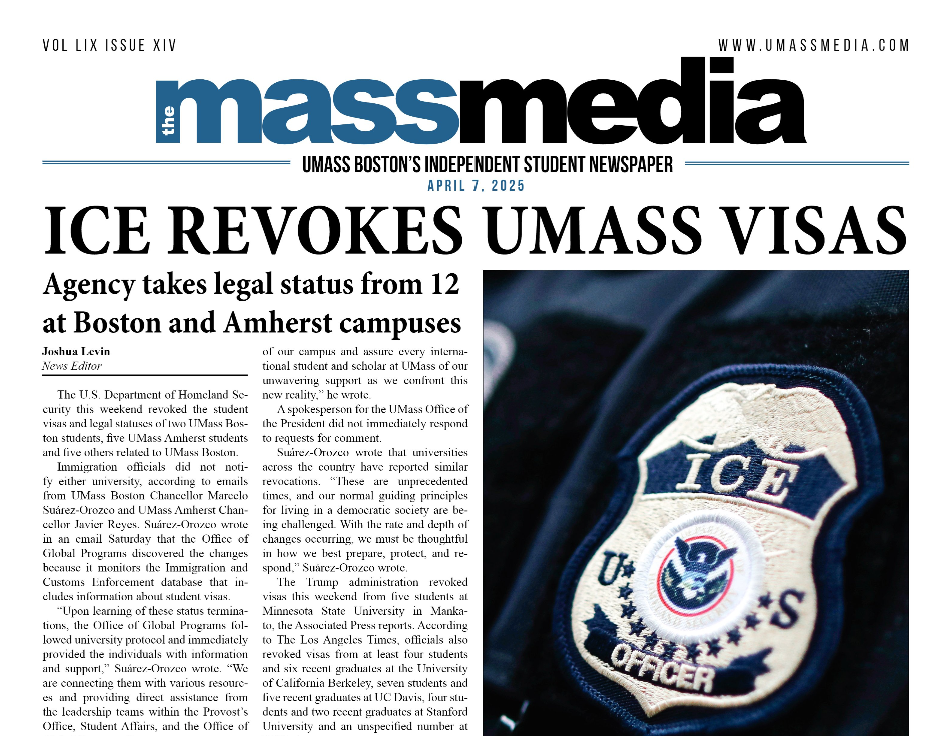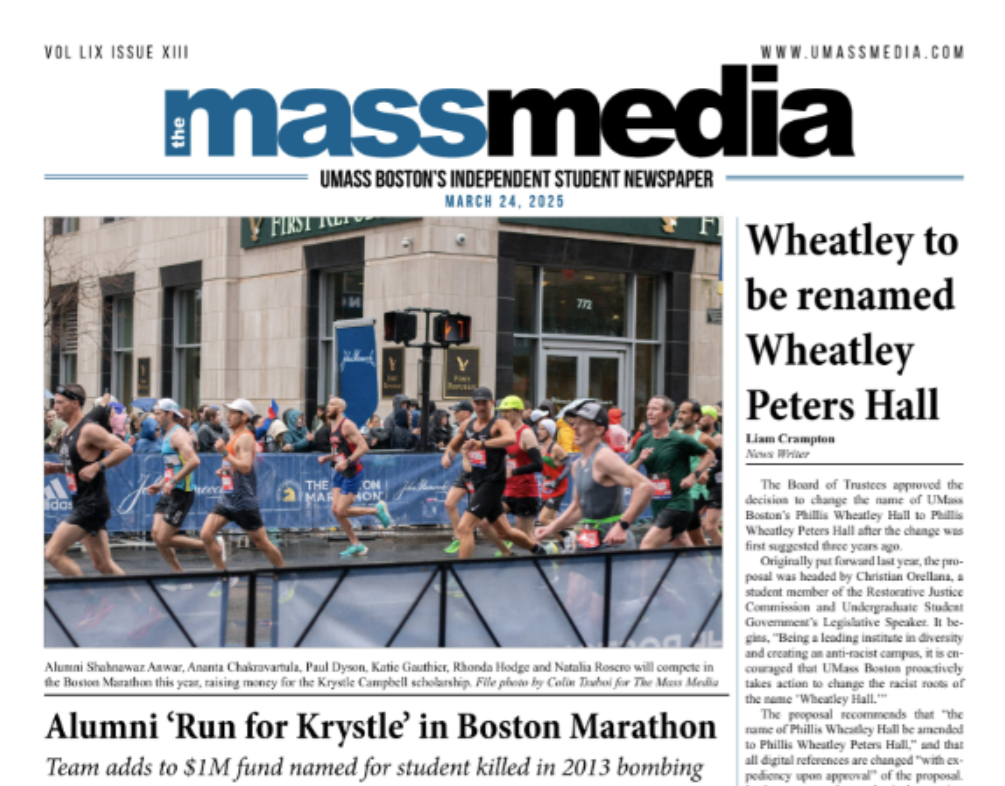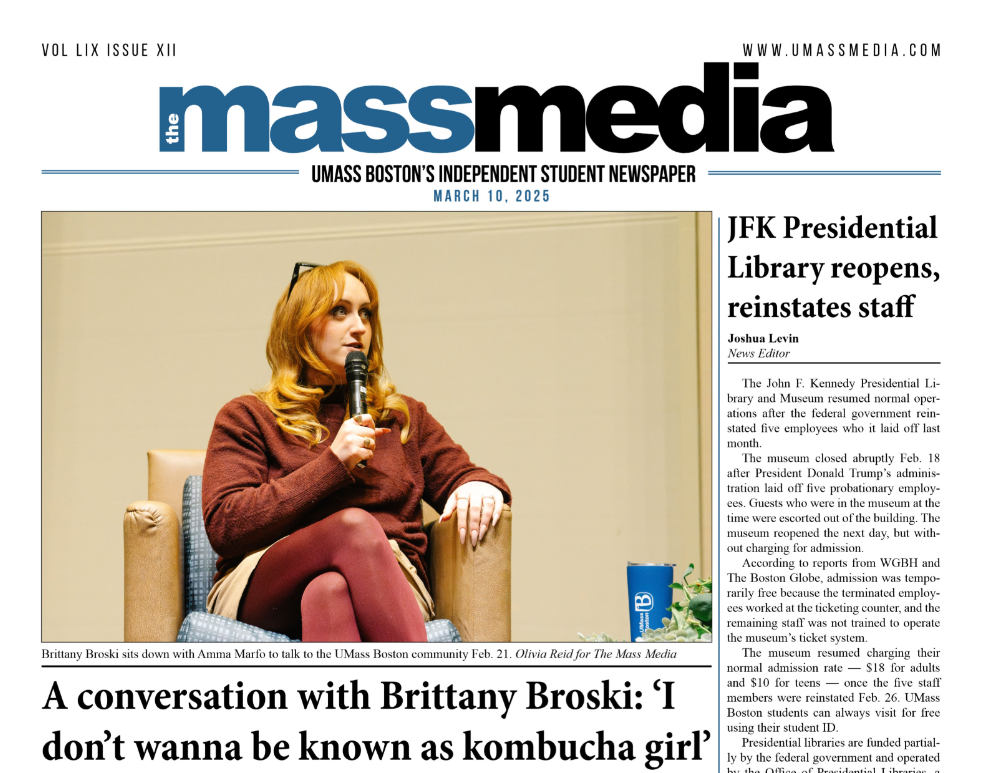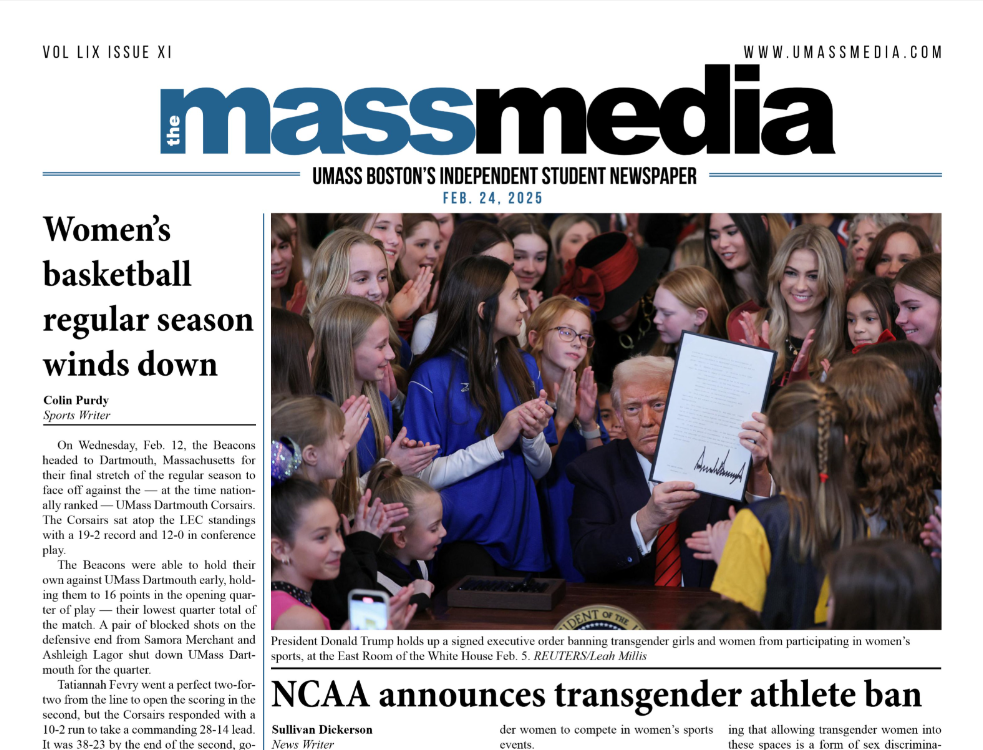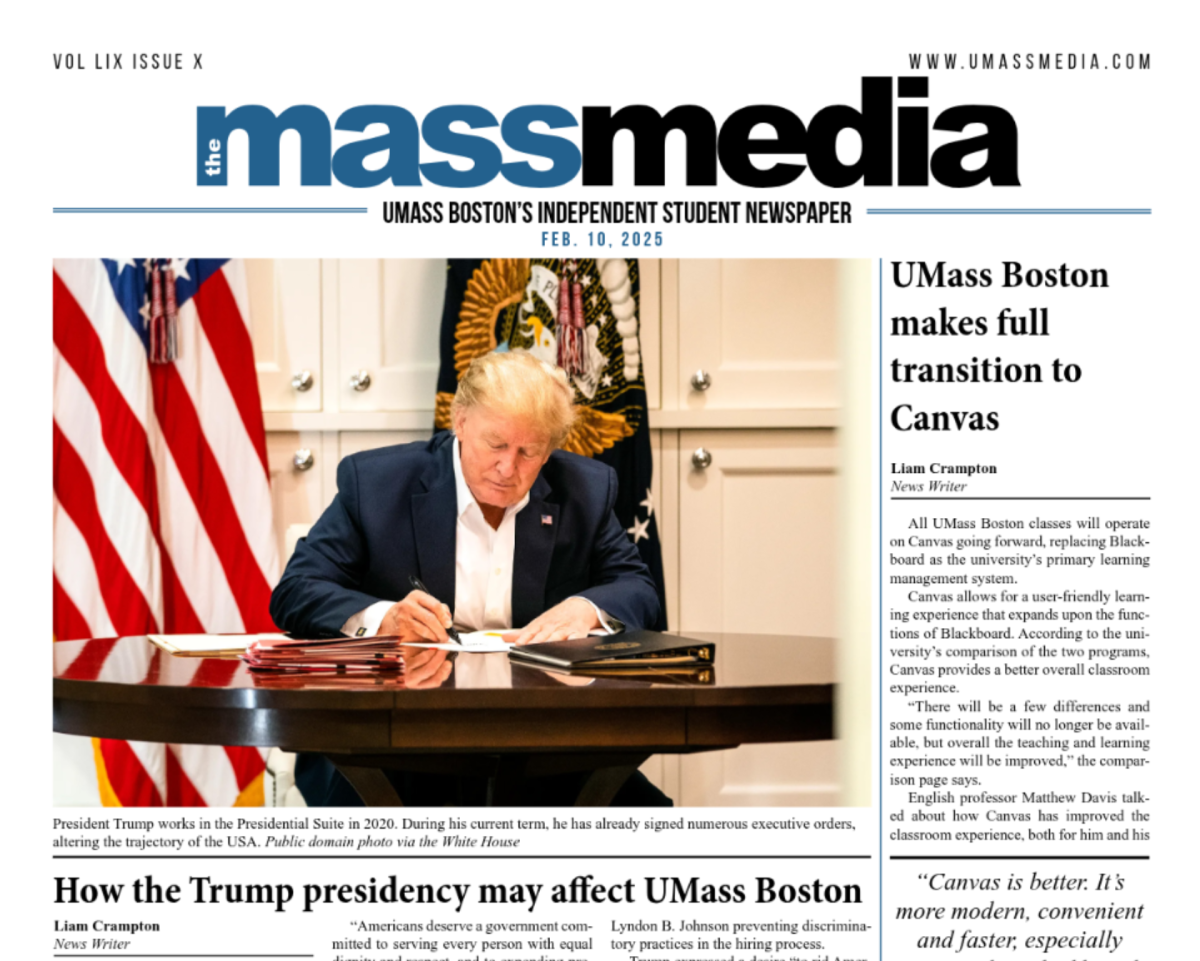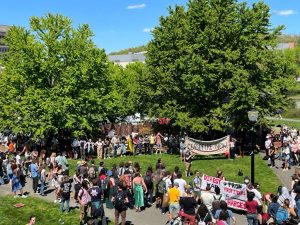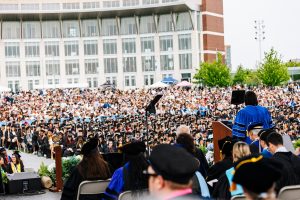Alumni Advise Students on Law School
April 22, 2004
UMass Boston alumni last week returned to advise political science students who are interested in going to law school after college.
In what has become an annual April event, several alumni who have gone on to law schools such as Northeastern and the University of Pennsylvania came back to give current students a picture of the admissions process, the first year, and beyond.
Several cautioned against going to law school if their motivation is making money.
“That is an empty dream, my friends,” said Tom Douglas, who went to UPenn’s Law School. “Think seriously of why you want to go to law school.”
Talking quickly and authoritatively, Lauren Craig Redmond, who went to Northeastern Law School and served on its admissions committee as a student member, took the group of nearly thirty students through the admissions process.
“The advice I give today isn’t just my opinion,” she said.
While at Northeastern, Redmond said she read twelve applicants’ files a day. Northeastern is the only law school that allows student members to have full voting rights on admissions committees, she added, equal to that of the dean of admissions. “I tested that, believe me.”
Redmond called the LSAT (Law School Admission Test), administered by the Law School Admission Council, the “single most important thing in the admissions packet.”
“Every school I talked to said that,” Redmond said, adding that a good score will make the difference of whether or not they read the rest of the person’s file.
If the score is in the 135-145 range, “you’re in serious trouble,” she said. “It’s not bad to take it twice.” Three times shows a lack of faith and unprepared-ness, she added. Taking a prep course helps immensely.
The test is not a test of intelligence, moral worth, or how a good a lawyer someone will be, she said, but an objective indicator of how well that person will do in first-year classes.
One of the more important things on the test is the writing sample. “The LSAT writing sample is the only piece of writing we know you did for sure,” she said. “Do not blow the writing sample off.”
For recommendations, one from a professor is the best, said Redmond, preferably one in whose hard course the student did well. “If you need it by October, call them in July,” she said, and don’t hesitate to talk to them about what the letter can reflect, such as work ethic and character. Waiving the right to read the letter helps, since admissions officials might not take the letter seriously if the writer thought the student would read it.
An alumnus who goes to New England School of Law and has two kids in college with one ready to graduate, George Distiliaris said he realized he had to become very organized and scheduled. “I try to do all my work during the weekends,” he said.
The first year of law school is an endurance test, he continued. The subject material is not hard, but logic-based. “Organization is key,” he said.
Added David Lowe, who went to Northeastern Law, “Law school is hell, at least the first year.”
Douglas said UMass Boston prepared him well for UPenn. But there is a lot of snobbishness there amongst the students, and it wasn’t just directed at UMass Boston graduates, he said, citing racial and class problems. “Your money had to be of a certain age.”
“I would just say, be prepared,” he said of the snobbery. But with a UMass Boston education, “I never felt I was at a disadvantage.”
After law school, the road is just as tough. “When you graduate, you will face your most serious hurdle,” Douglas said of the bar exam. He said he spent a month studying and passed on the first try.
“When you pass the bar exam, you think you’ve made it,” he said. In fact, “you are at the bottom of the heap.”
A whole new hierarchy appears, with the ladder of the law firm: junior associate and senior associate, associate partner and senior partner. Douglas said he’s the guy who, when the partner gets a 5:30 Friday afternoon call from a client, has to take care of the case.
“You think the partner is working all weekend?” asked Douglas . “No, that’s me.”
The panel has been put together every year for twelve years by political science professor Elizabeth Bussiere, who calls it the “highlight of my year” as a teacher. It started out with just two or three alumni, but steadily grew over the years, since not only do the students enjoy it, but the alumni like meeting each other. Bussiere said she feels the alumni provide “practical, tangible” advice that resonates with the students.
“They know the particular challenges and responsibilities that UMass Boston students have,” she said.


